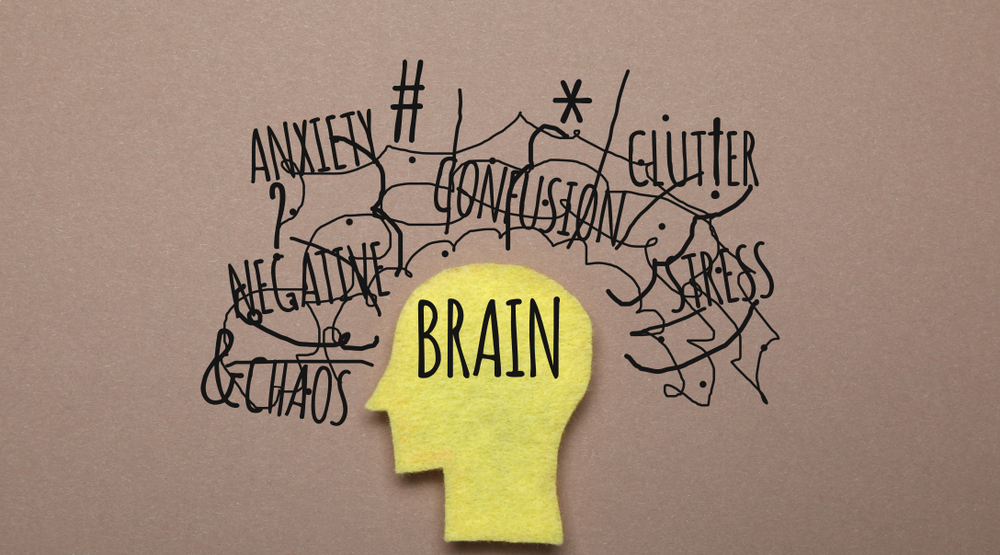What Role Does the Brain Have in Islam?
Answered by Shaykh Irshaad Sedick
Question
What is the role of the brain in Islam? I am confused as I have heard that the heart stores memory and not the brain. I have also heard that the heart is the seat of intellect. Can you please clarify?
Answer
In the Name of Allah, the Most Merciful and Compassionate.
May Allah alleviate our difficulties and guide us to what pleases Him. Amin.
In Islam, the human brain and heart have significant roles, albeit in different capacities. The brain is regarded as the seat of intellectual and cognitive processes, whereas the heart is often referred to metaphorically and spiritually. [Ghazali, Ihya ‘Ulum al-Din]
Please view this detailed answer for more information.
Also, kindly visit this detailed answer on a related matter.
The Brain
With its intricate neural structure, the brain performs essential functions such as processing sensory input, storing and recalling memories, and regulating bodily functions. It serves as the organ through which humans perceive, reason, analyze, and make decisions. The brain plays a vital role in acquiring knowledge, understanding, and engaging in critical thinking.
The Qalb (Spiritual Heart)
Conversely, in the Islamic tradition, the heart is often employed metaphorically to symbolize an individual’s spiritual and emotional aspects. It is associated with one’s internal state, intentions, sincerity, and ability to connect with Allah. The heart is the dwelling place of faith, love, fear, and hope. The Quran states that through the remembrance of Allah, hearts find tranquillity. [Quran, 13:28]
Memory
Regarding memory, it is commonly accepted that the brain is responsible for storing and retrieving memories. The brain’s capacity for memory enables individuals to recollect past events, experiences, and knowledge. Although the heart is not directly linked to physical memory storage, it is figuratively mentioned when discussing emotional or spiritual remembrance.
Islam recognizes the brain as the center of intellectual faculties and cognitive processes, while the heart is metaphorically associated with spirituality, emotions, and one’s internal state. The brain and heart have distinct roles in the human experience, and understanding this helps us appreciate the balance between our existence’s physical and spiritual aspects.
Please sign up for a course on Logic to get a better understanding: Abhari’s Isaghuji: An Introduction to Traditional Logic
And Allah knows best.
I pray this is of benefit and that Allah guides us all.
[Shaykh] Irshaad Sedick
Checked and Approved by Shaykh Faraz Rabbani
Shaykh Irshaad Sedick was raised in South Africa in a traditional Muslim family. He graduated from Dar al-Ulum al-Arabiyyah al-Islamiyyah in Strand, Western Cape, under the guidance of the late world-renowned scholar Shaykh Taha Karaan.
Shaykh Irshaad received Ijaza from many luminaries of the Islamic world, including Shaykh Taha Karaan, Mawlana Yusuf Karaan, and Mawlana Abdul Hafeez Makki, among others.
He is the author of the text “The Musnad of Ahmad ibn Hanbal: A Hujjah or not?” He has served as the Director of the Discover Islam Centre and Al Jeem Foundation. For the last five years till present, he has served as the Khatib of Masjid Ar-Rashideen, Mowbray, Cape Town.
Shaykh Irshaad has thirteen years of teaching experience at some of the leading Islamic institutes in Cape Town). He is currently building an Islamic online learning and media platform called ‘Isnad Academy’ and has completed his Master’s degree in the study of Islam at the University of Johannesburg. He has a keen interest in healthy living and fitness.
